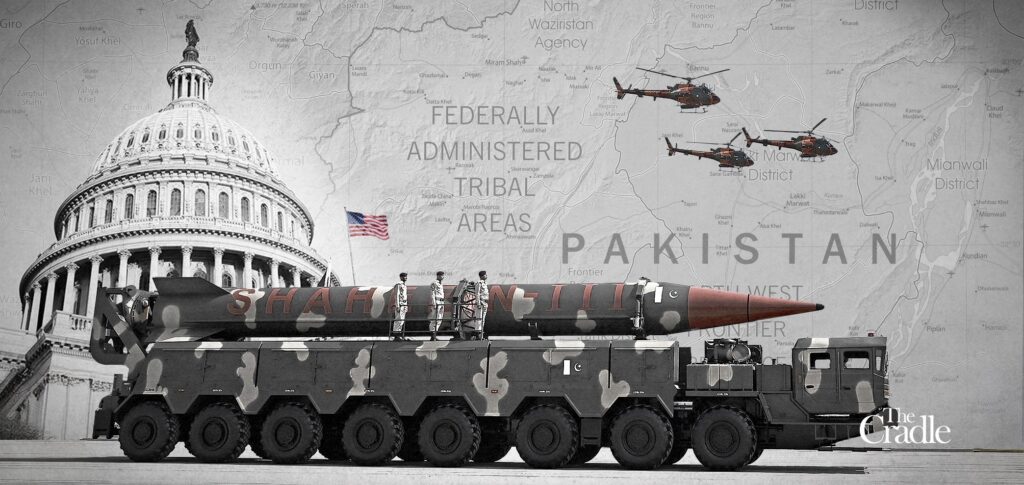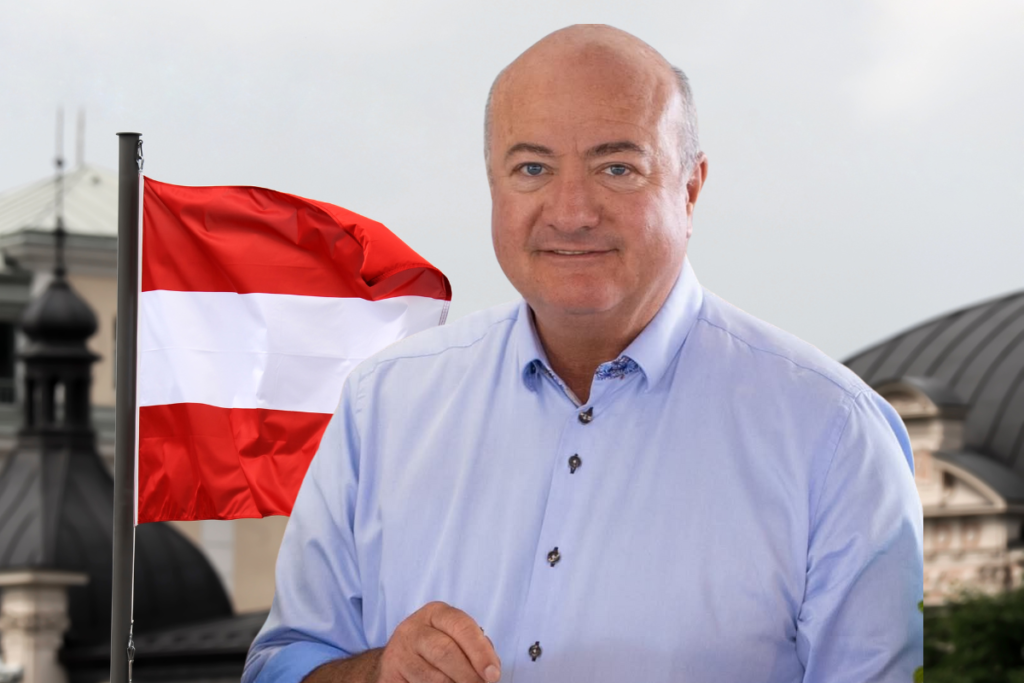With tensions from the recent Israel–Iran strikes still simmering, foreign ministers from Britain, Germany, and France are preparing to meet their Iranian counterpart in Geneva this Friday. This will be their first in-person multilateral contact since a week of intense Israeli airstrikes on Iranian military and nuclear facilities, followed by Iran’s retaliatory missile launches. The ministers will first hold discussions with EU foreign policy chief Kaja Kallas at Germany’s mission, before meeting Iranian Foreign Minister Abbas Araghchi. Their shared aim: to secure firm assurances from Tehran that its nuclear program remains strictly civilian.
The talks are being coordinated with the United States but led by Europe. By pushing for a diplomatic breakthrough, the three European powers hope to prevent escalation and revive meaningful negotiations over Iran’s nuclear activities. Germany’s Foreign Minister Johann Wadephul echoed this urgency, urging Iran to come back to the negotiating table and present credible guarantees that it is not pursuing nuclear weapons.
This diplomatic effort signals a clear divergence from the harder stance adopted by the United States. While Washington, under former President Trump, has threatened military action against Iran, the European ministers are emphasizing dialogue and legal assurances over confrontation. France’s President Emmanuel Macron, reflecting on the urgency of the moment, convened his national security team and tasked his foreign minister with leading a firm but reasoned diplomatic response.
Iran’s delegation, led by Araghchi, has acknowledged Europe’s appeal, rejecting notions that its nuclear program is weaponized and reiterating its commitment to peaceful use. Though Iran has previously participated in negotiations with Europe and the U.S., this will be the first high-level European ministerial engagement since the recent flare-up, an indication that Europe wants to take a more active and independent role in de-escalation.
These discussions will be followed by a structured, expert-level dialogue, laying the groundwork for more sustained diplomacy. With the region teetering on the brink of wider conflict, the meeting underscores Europe’s attempt to balance support for Israel’s security with a clear preference for negotiation over confrontation.



